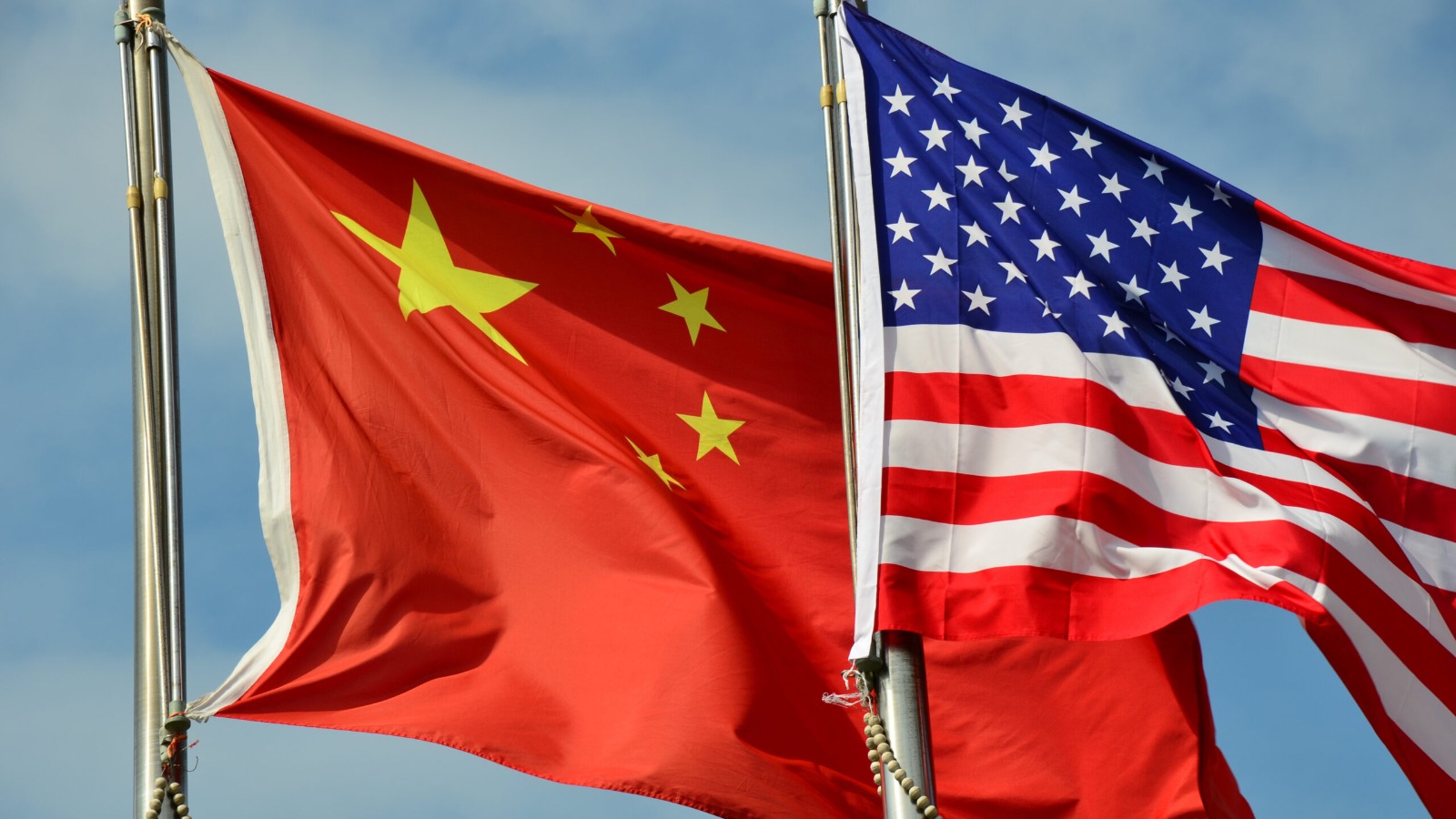In a significant development that highlights the ongoing trade tensions between China and the United States, China’s Ministry of Commerce has issued a fervent plea to the US to swiftly rescind its Section 232 tariff measures targeting steel and aluminum. The ministry emphasized that these measures breach World Trade Organization (WTO) regulations and urged the US to collaborate with fellow WTO members to ensure the integrity of the rules-based global trading system. As the friction escalates, China’s response underscores the pivotal role of international norms in governing trade relations.
China’s Firm Stand on Violation
China’s Ministry of Commerce has actively engaged with the findings of the WTO panel report concerning China’s countermeasures against the US Section 232 tariffs on steel and aluminum. The ministry has taken note of the report, signaling its unwavering commitment to addressing trade disputes through established multilateral frameworks.
Rule Adherence and Collaboration
The head of China’s Ministry of Commerce’s department of treaty and law reaffirmed the nation’s dedication to abiding by WTO rules. China aims to navigate this situation by thoroughly studying the report and ensuring proper adherence to the WTO’s guidelines. The emphasis lies in the collective commitment of WTO members to maintain a system that is rules-centered, fostering cooperation and fairness in global trade.
One-Sided Actions and Legitimate Rights
Amid the escalating trade dispute, China’s commerce ministry spokesperson underscored the root of the issue – the unilateral and protectionist actions undertaken by the US. The spokesperson affirmed that China’s actions are well within the bounds of the law and serve as necessary steps to safeguard the nation’s legitimate rights and interests. This sentiment reverberates through China’s stance on defending its economic sovereignty.
As of March 2018, the US extended its interpretation of “national security” to encompass steel and aluminum imports, subsequently imposing tariffs on multiple WTO member countries, including China. Such actions have drawn international criticism and prompted countries to seek resolution through the WTO’s dispute mechanism.
Despite the WTO’s determination in December 2022 that the US tariffs violated established regulations, the US has remained resolute in maintaining its stance. This approach has hindered the implementation of the expert panel’s verdict, leading to concerns over the US’s commitment to fulfilling its obligations and rectifying the tariffs that have been deemed unlawful.
In conclusion, the ongoing confrontation between China and the US over tariffs on steel and aluminum has underscored the importance of adhering to established international trade rules. China’s resolute response, echoed by the Ministry of Commerce, emphasizes the significance of collaboration among WTO members to uphold a rules-centered multilateral trading system. As tensions persist, the global community watches closely to see how these issues will ultimately be resolved, and whether diplomatic efforts will pave the way for a more equitable trade environment.
















